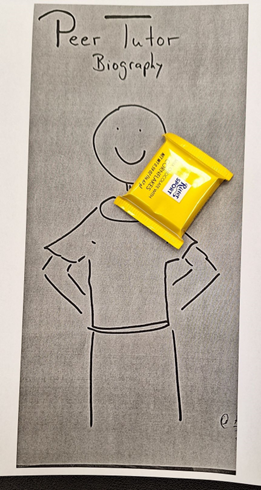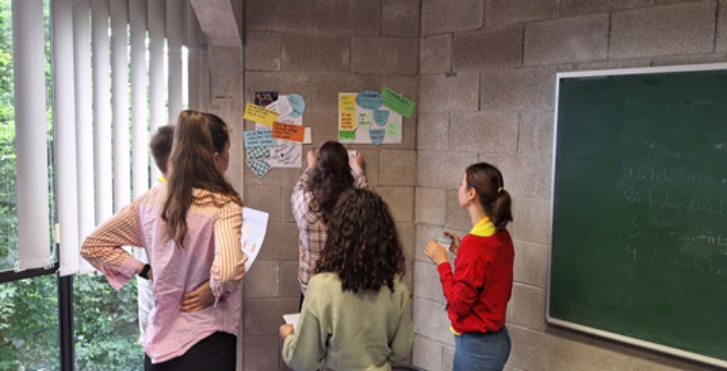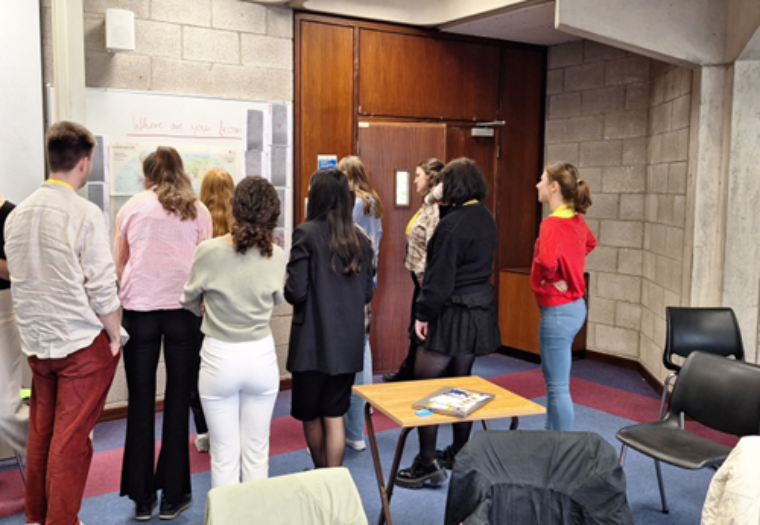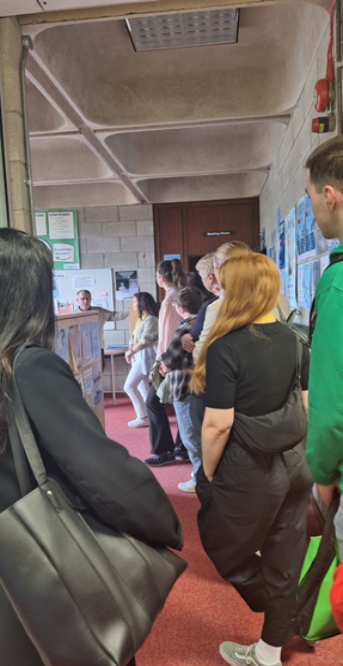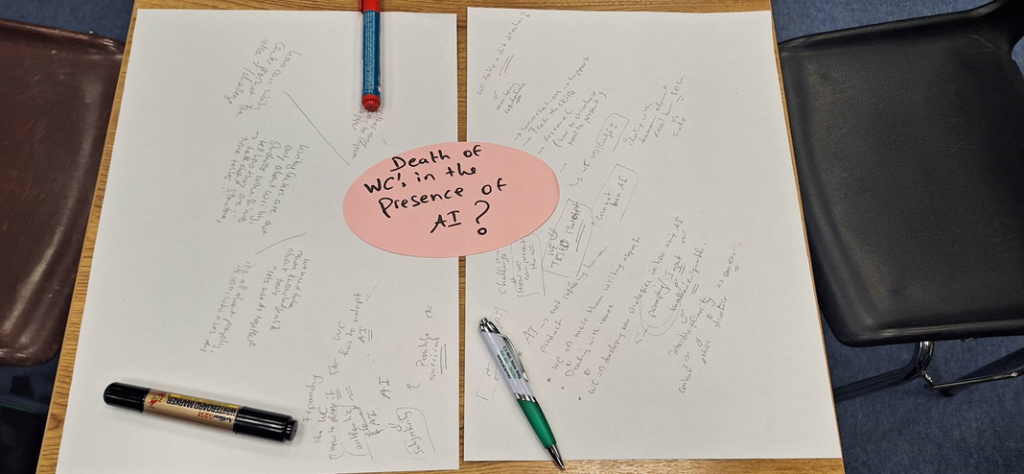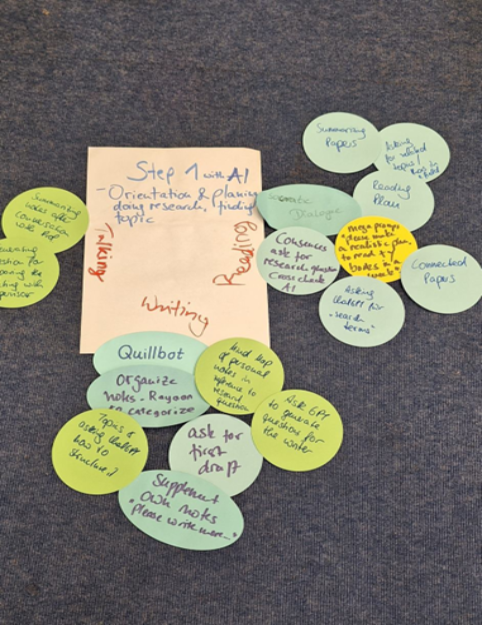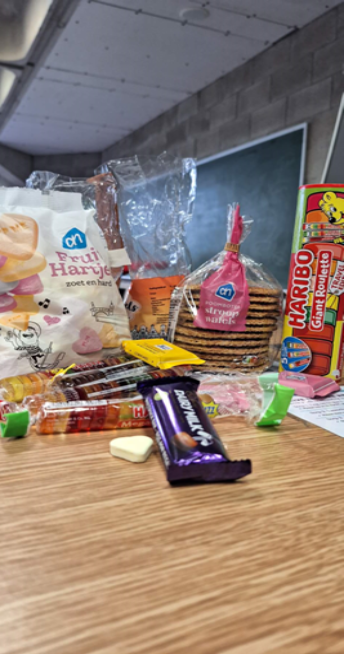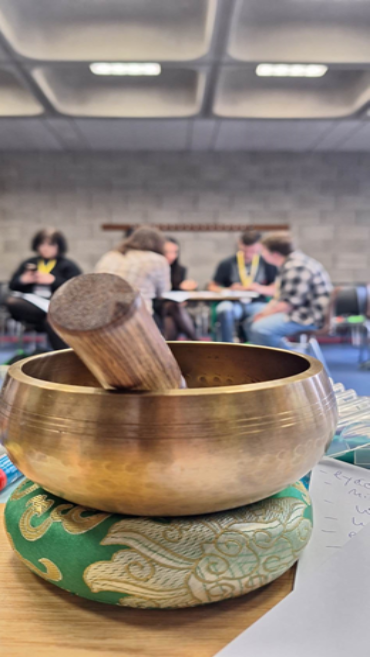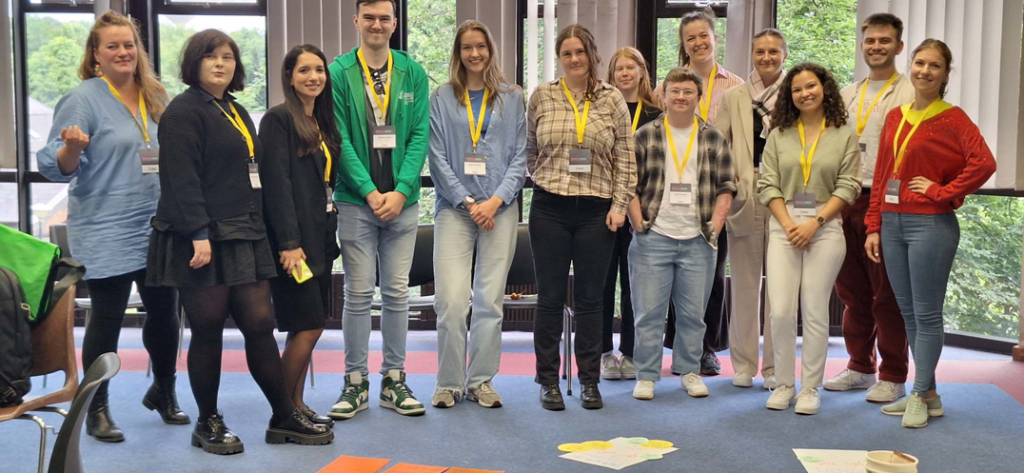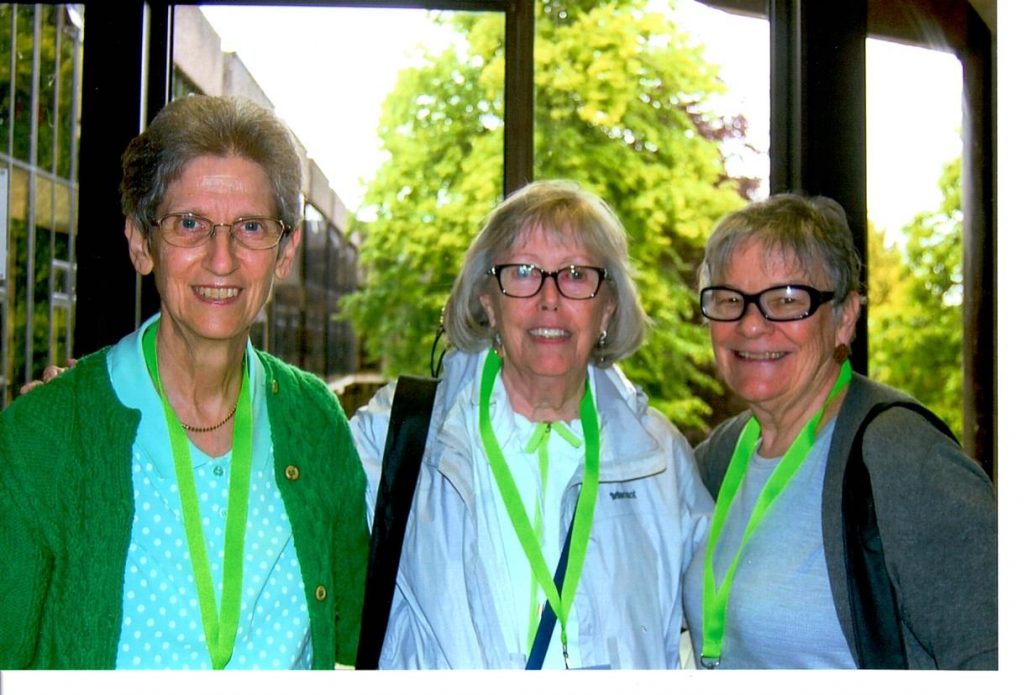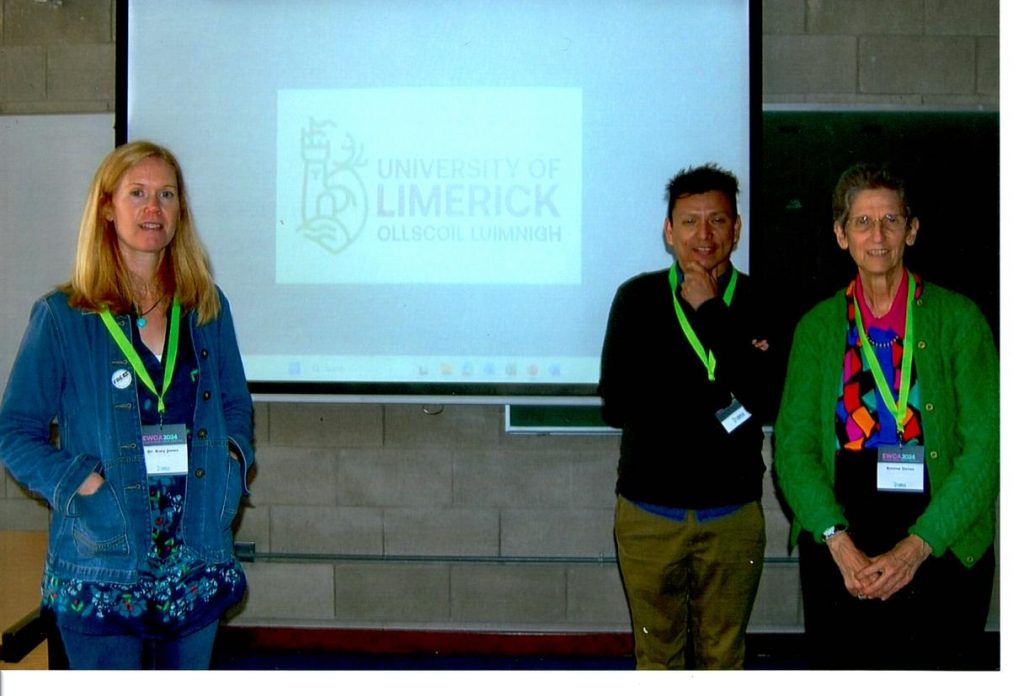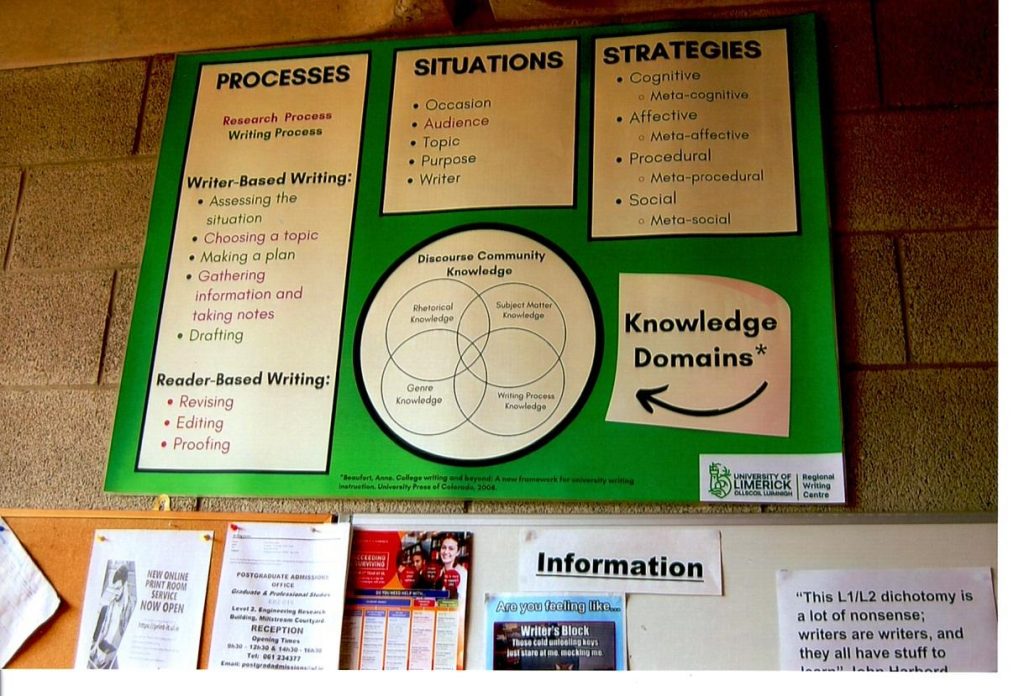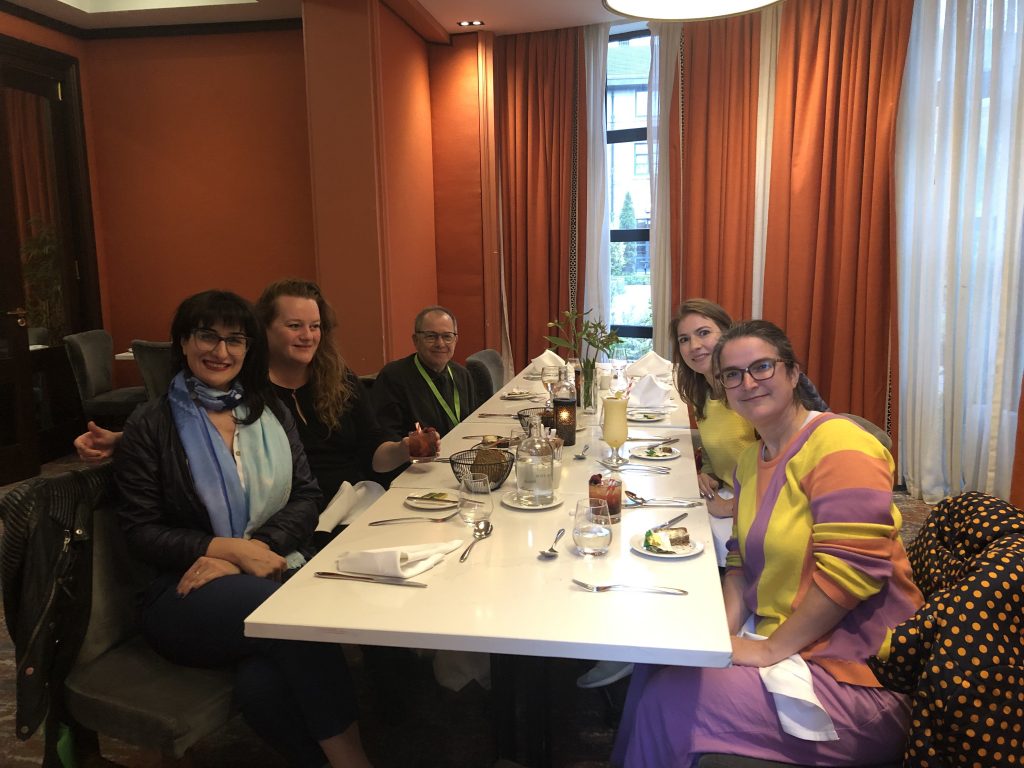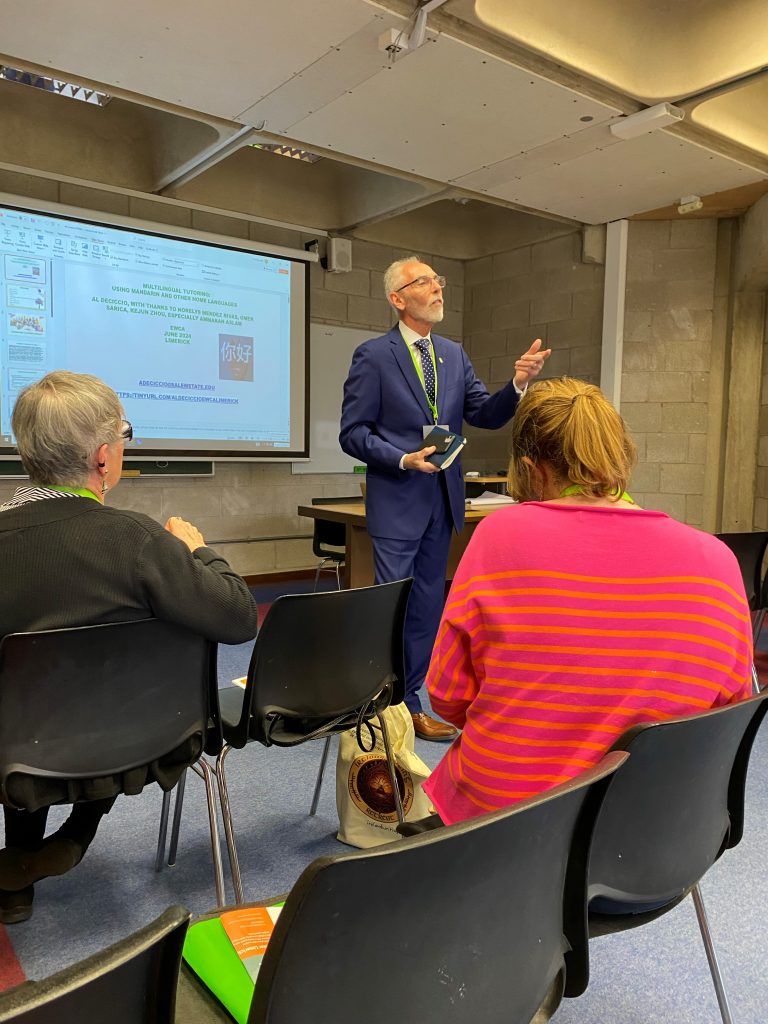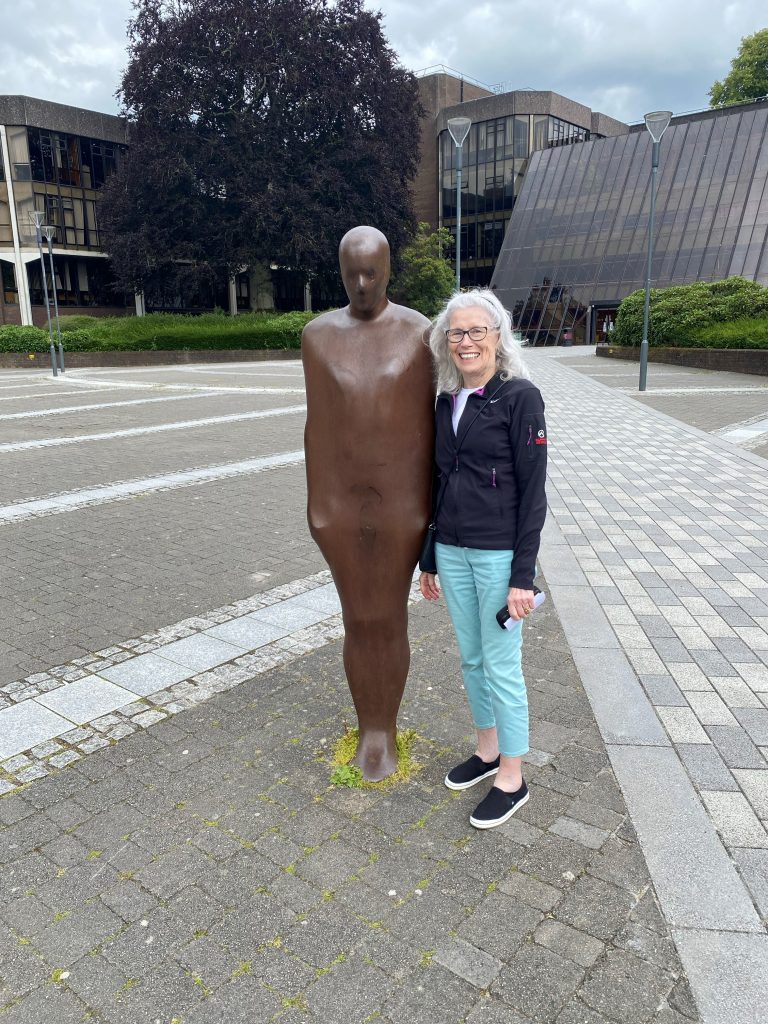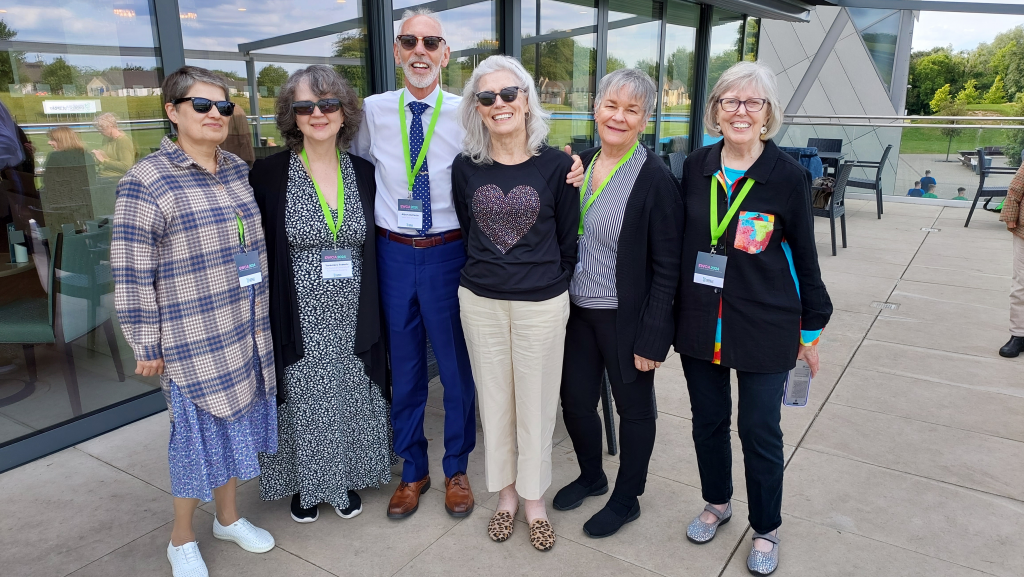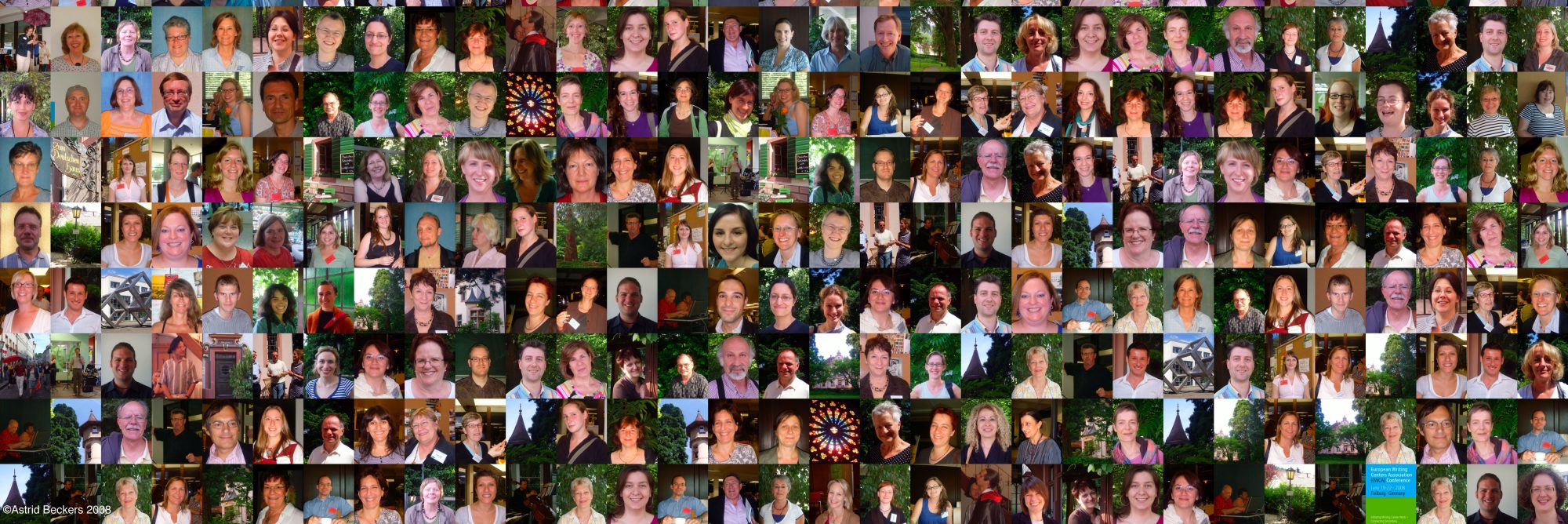Mostafa Nazari is currently a PhD candidate at Kharazmi University in Tehran, Iran. He completed his Bachelor of Arts in TEFL in Mohaghegh, Ardebili University, Ardebil Iran in 2014. He then received his Masters of Arts, in 2016, from Kharazmi University, Tehran with his thesis titled “The correspondence between Iranian EFL teachers’ dispositions toward task-based language teaching and their TBLT-related instructional practices”. Currently he’s working towards his PH. D. in Applied Linguistics in Kharazmi University. His dissertation title is “Conceptualizing the role of emotions in young English learner teachers’ identity construction: A case study from Iran”. And his research interests are teacher, education and professional development, teacher identity, teacher emotion, teacher cognition, technology and teacher education, action research and language assessment.
Mostafa had delivered three workshops designed to provide a forum for researchers to become more familiar with the structure and content of research articles, specifically, articles of between 6000 to 8000 words that report on the findings of original studies and make empirical contributions to the field of knowledge.
Recorded are three 2-hour sessions, the first delivered on June 16th, 2023 on introductions and literature reviews, the second, on June 17th, 2023, on methodology and outcomes and on June 18th, 2023, Mostafa presents on the discussion and concluding sections of these articles as well as on writing abstracts. The third session is split for some unknown technical reason and are listed as 3 a and 3 b.
The workshops are targeting researchers working on articles for publication as well as university instructors who wish to educate their students and preparing them for submissions to journals in their fields. The workshops are designed to help students hone their professional skills by learning how to structure their research articles on the way to meeting publication standards. Also, freelance researchers might benefit from these workshops, developing their competencies in academic writing.
Find the recordings below:
Mostafa Nazari _Writing Social Science Research Papers: https://media.heanet.ie/page/464fd3c6ed9842ffa550ec61a9d40ac8
Mostafa Nazari _Writing Social Science Research Papers 2: https://media.heanet.ie/page/f7fd9c86d1d345ceb89feee452971017
Mostafa Nazari _Writing Social Science Research Paper 3a: https://media.heanet.ie/page/a4d647ec41b24018b6b8727d2fa15a95
Mostafa Nazari _Writing Social Science Research Paper 3b: https://media.heanet.ie/page/cd24cf0f240048cebd1df6f71c4d8d88
Enjoy!

